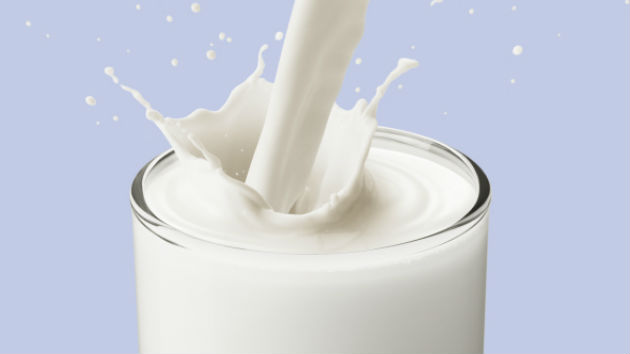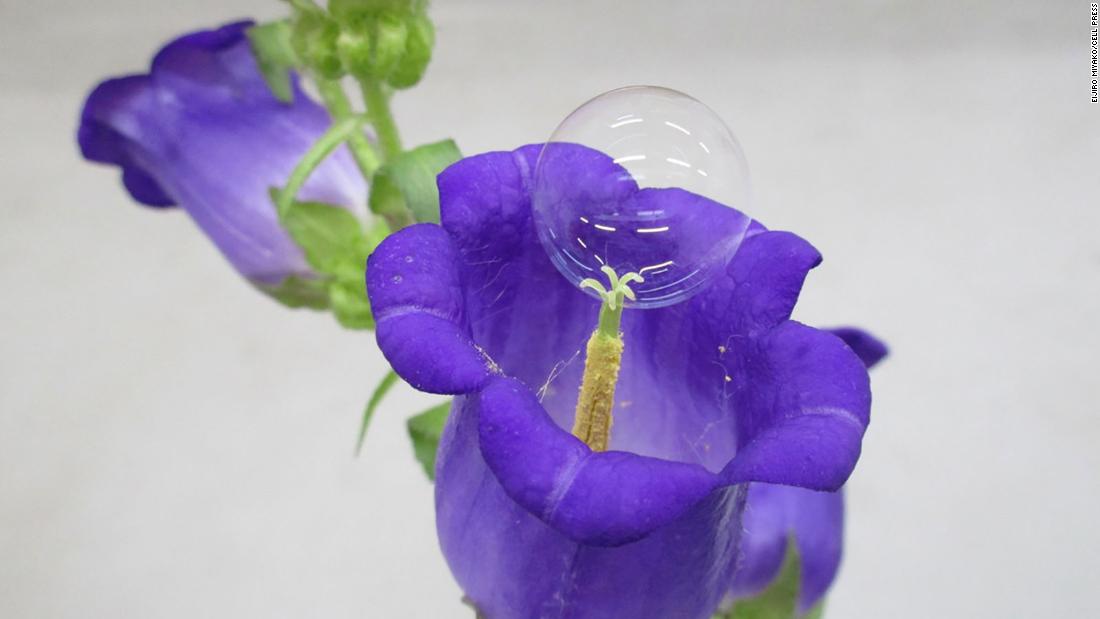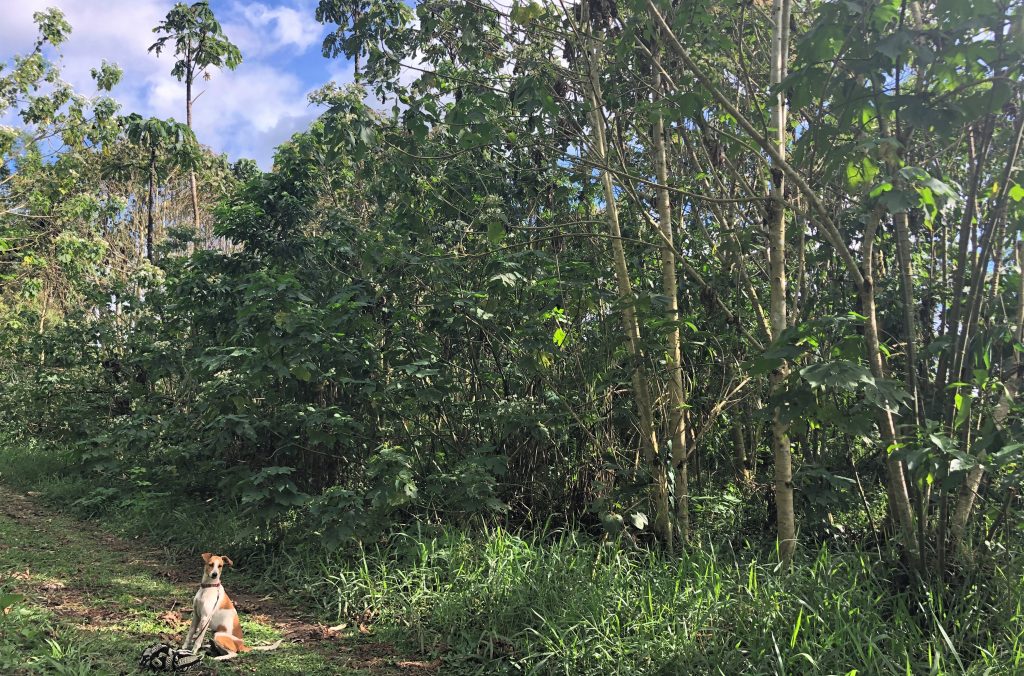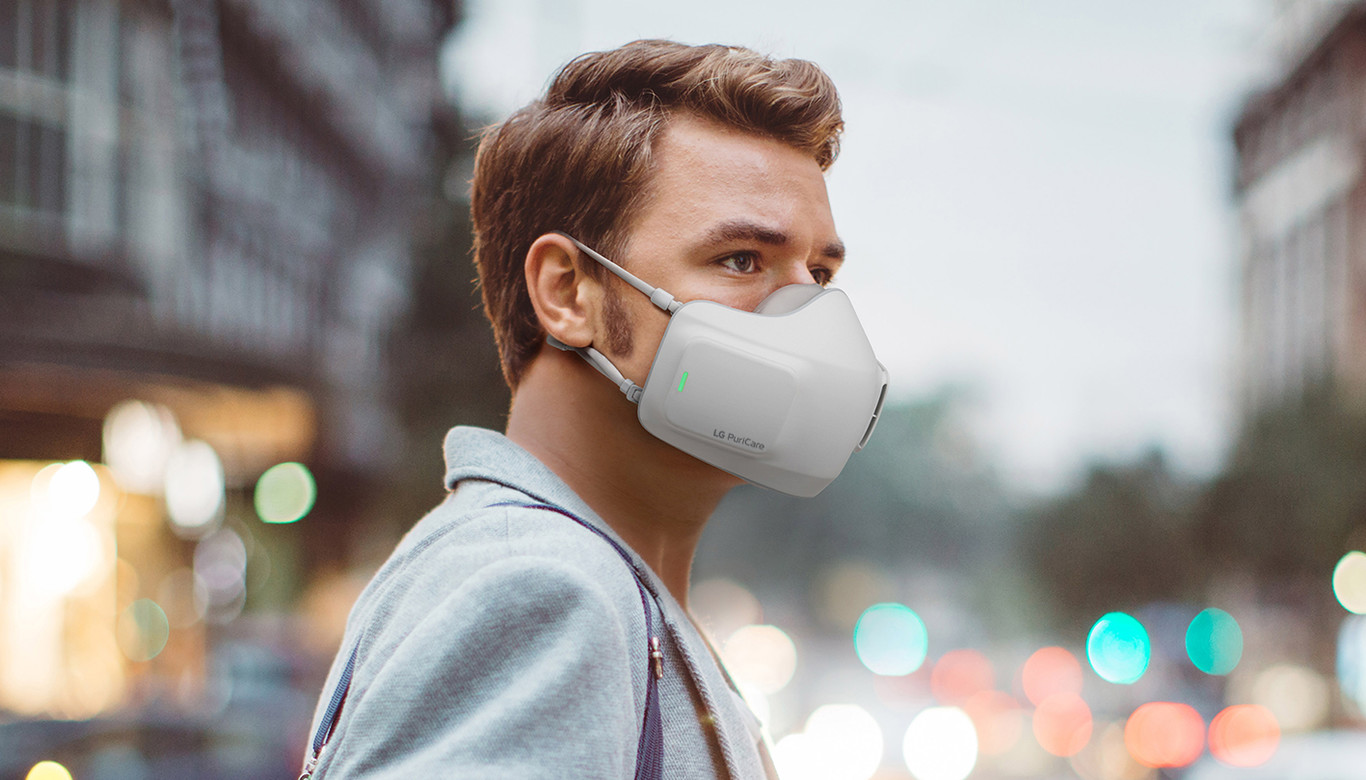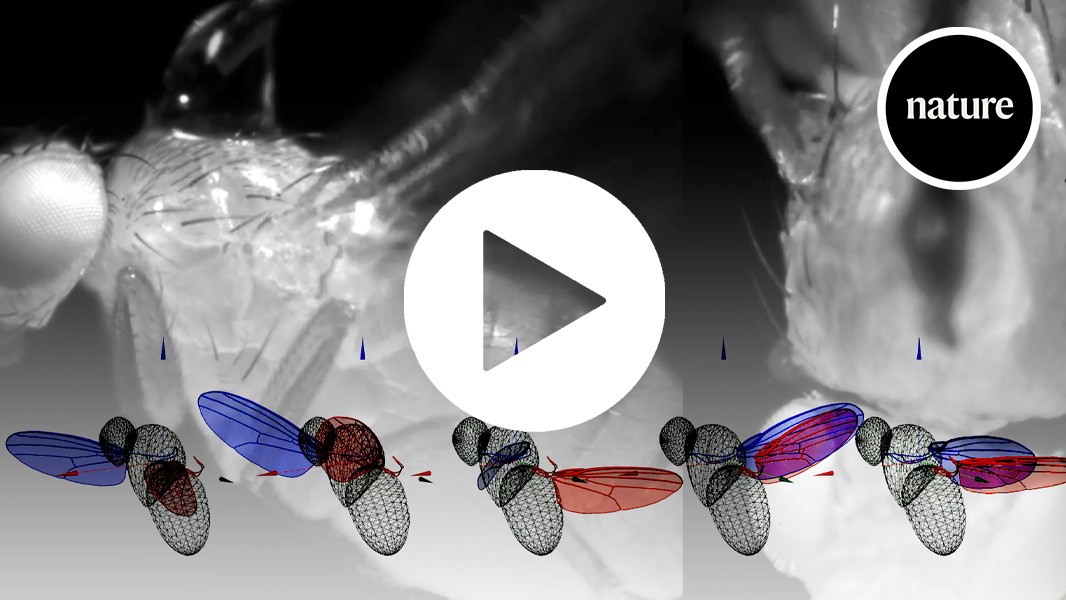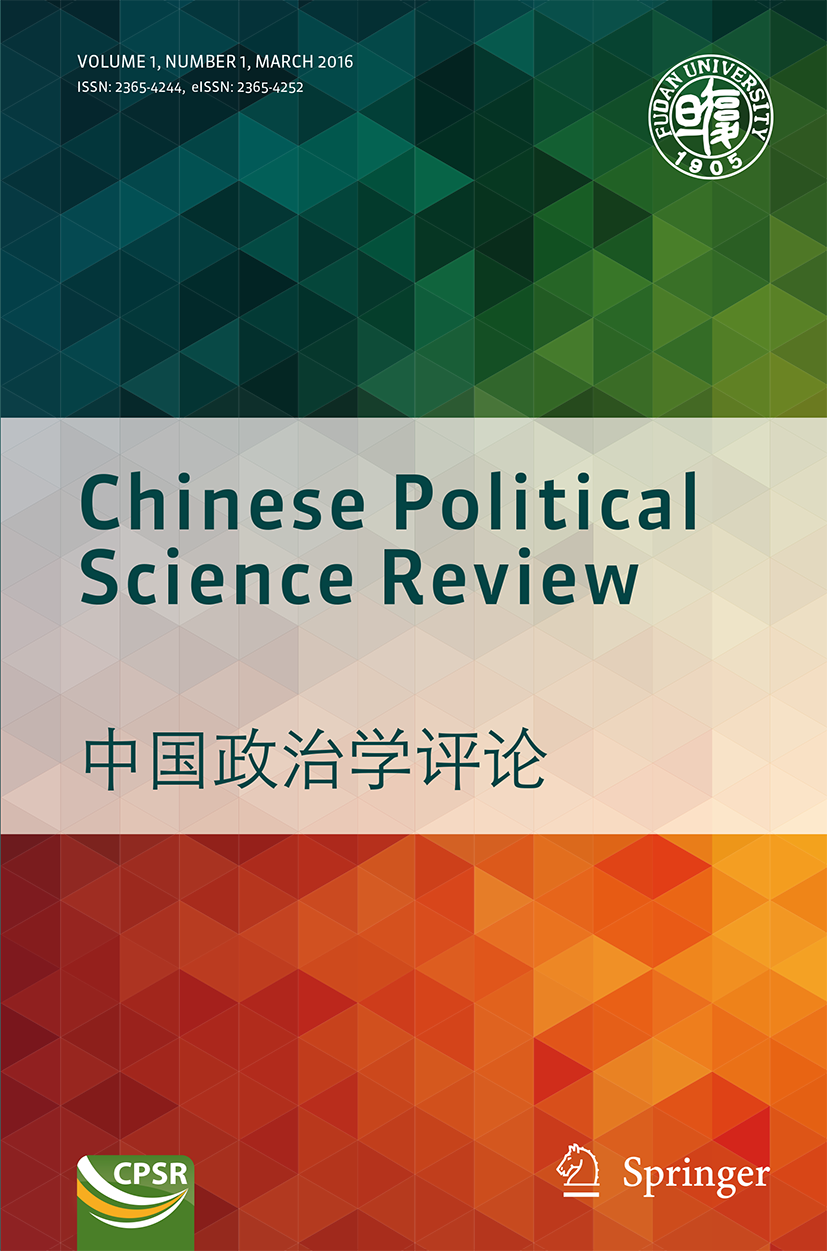
Asthma in toddlers linked to in-utero exposure to air pollution, study finds
Infants whose mothers were exposed to higher levels of tiny air pollution particles during pregnancy are much more likely to develop asthma, according to research.
The study analysed the impact of ultra-fine particles (UFPs), which are not regulated by governments. These are thought to be even more toxic than the larger particles that are routinely monitored and have also been linked to asthma.
Sources of UFPs include vehicles and wood burners, and tens of thousands of particles can be found in each sugar cube-sized volume of city air. They are thought to pass through the expectant mother’s lungs and into her bloodstream, causing damaging inflammation. They are also likely to cross the placenta into the foetus’s circulation.
UFPs have been linked to other impacts including brain cancer and researchers said that demonstrating these health impacts should spur better measurement and action from policymakers to reduce dirty air.
“Our research is an important early step in building the evidence base that can lead to better monitoring of exposure to UFPs and ultimately to regulation,” said Prof Rosalind Wright, at the Icahn School of Medicine at Mount Sinai, New York, and who led the research. “Childhood asthma remains a global epidemic that is likely to grow with the anticipated rise in particulate air pollution exposures due to effects of climate change.”


